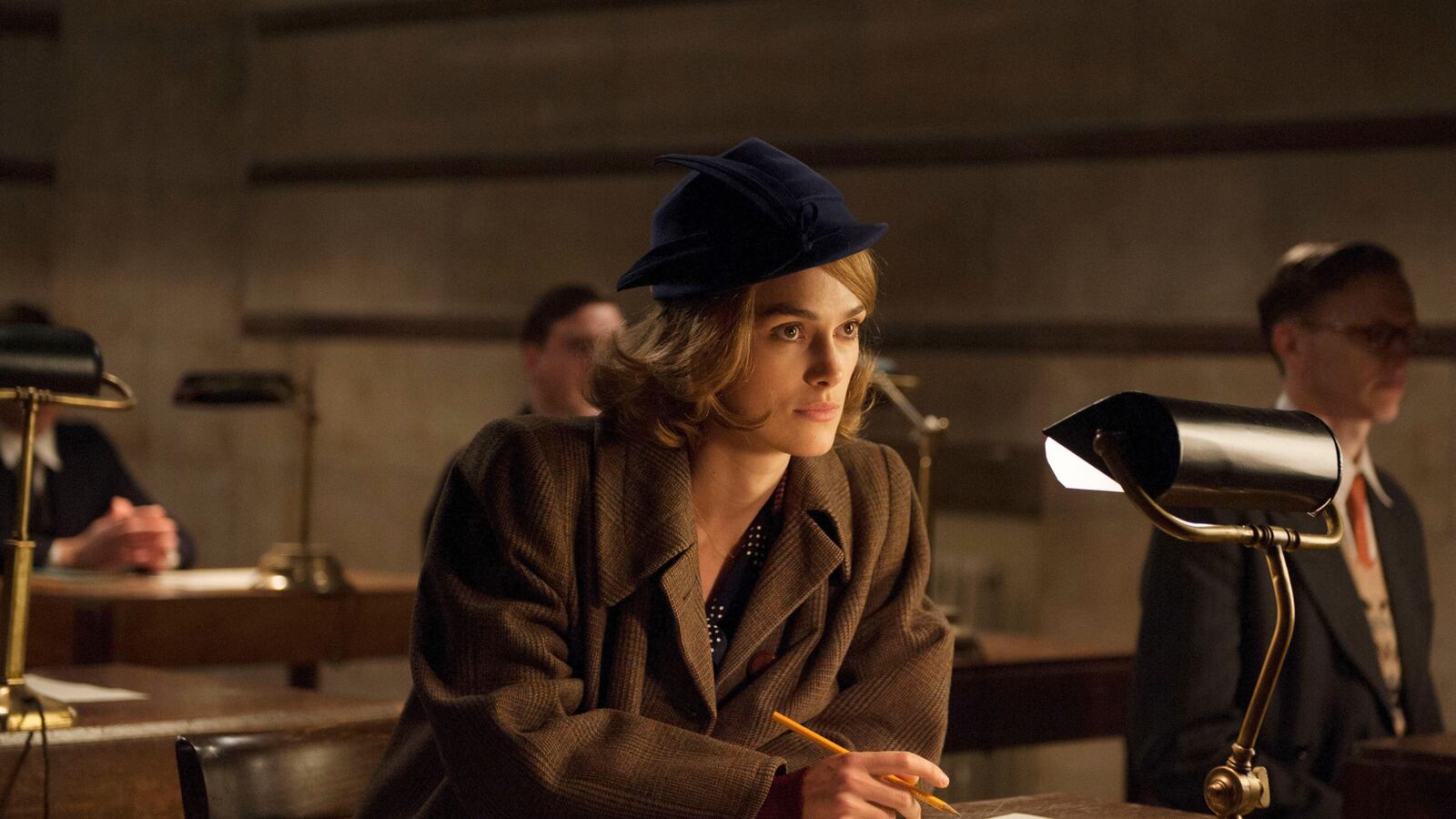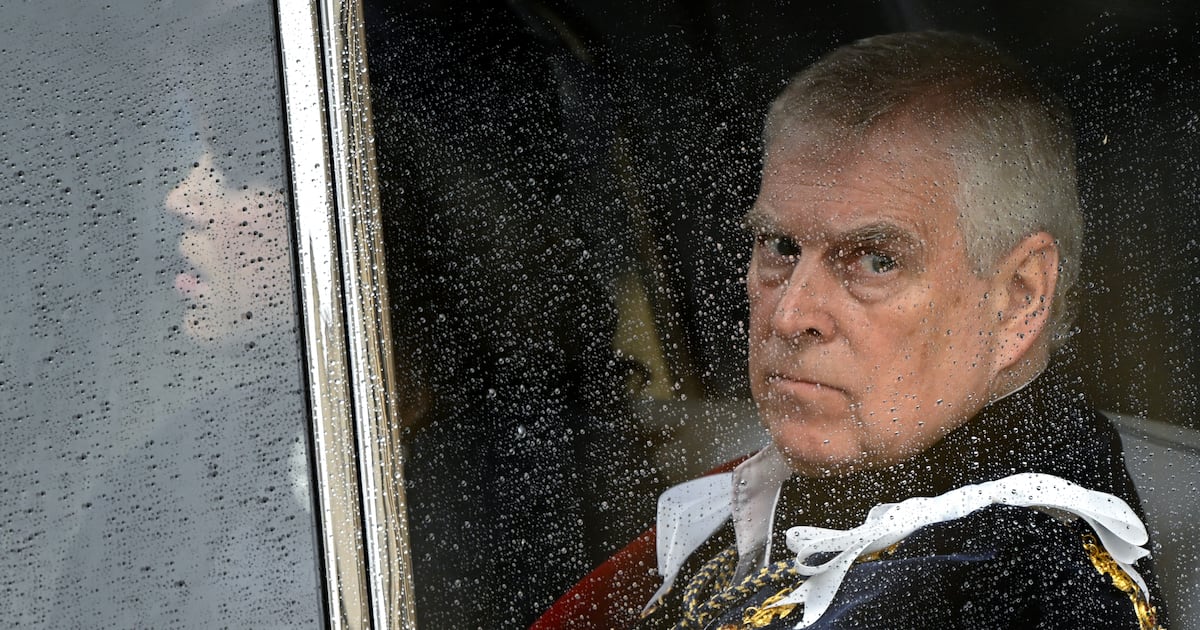The Second World War witnessed a huge expansion of the intelligence machines of every belligerent nation, so that secret service became the struggle’s growth industry. Never in the history of conflict had such vast resources been deployed by all belligerents to compile and assess information about their enemies. The overwhelming bulk was wasted, of course. As late as January 1943, in the heyday of Bletchley Park’s codebreaking operations in Britain, Lord Beaverbrook expressed scepticism about intelligence, telling a colleague that in Cabinet he heard very little secret information which was of real value. It deserves notice that a grandee privy to the affairs of the allied intelligence community could speak in such terms: contemporary witnesses did not always regard allied secret war operations with the reverence conferred on them by a 21st century generation.
The historian Paul Kennedy argues that an objective assessment of wartime intelligence should highlight its preponderance of failures, starting with Pearl Harbor in December 1941 and ending with the Ardennes four years later: Kennedy includes a catalogue of these: “Even if one can readily concede that the Allied record on intelligence was far better than that of the Axis, it is easier to demonstrate where smooth logistics helped win the war than to show where intelligence led to victory.” There is a scintilla of truth in this, but the evidence suggests to me that knowledge of the enemy’s motions made a more important contribution to the western allied war effort than Kennedy allows, especially at sea, both in the Pacific and Atlantic theaters.
The towering reality about Western allied intelligence is that it became dominated by Ultra decrypts of German and Japanese wireless traffic, which bore an inherent authority no spy’s reports could match. The intercepted dispatches to Tokyo of Japan’s ambassador in Berlin provided far more useful insights on the Nazi hierarchy than did any allied agent. In October 1945, Montgomery’s intelligence chief Brigadier Bill Williams penned MOST SECRET reflections on the wartime uses and abuses of Ultra. “The material was dangerously valuable,” he wrote, “because it seemed the answer to an intelligence officer’s prayer … It was liable to save the recipient from doing Intelligence. Instead of being the best, it tended to become the only source. There was a tendency at all times to await the next message and, often, to be fascinated by the authenticity of the information into failing to think whether it was significant.”
Intelligence officers recognized by 1945 that British and American codebreakers had changed the very nature of their business. Henceforward “the old cloak and dagger,” as a British secret service officer described pre-war espionage in a fit of nostalgia, was not quite redundant: highly-placed agents in the enemy’s corridors of power, such as Col. Oleg Penkovsky working for the West out of Moscow, remained important assets during the Cold War. As influences upon strategy and policy, however, they were secondary to signals intelligence.

Yet the radio espionage war between the allies and Germany was not as one-sided as popular mythology supposes. Hitler’s codebreakers, especially in the first half of the war, could claim important successes. In North Africa until June 1942, Rommel knew as much about the British Eighth Army as his enemies knew about the Afrika Korps, and the latter’s commander used his information better. Donitz’s B-Dienst provided the U-Boat command with an ongoing stream of intelligence about allied convoy operations.
But not as much as the allies possessed. Many things about the 1939-45 era remain disputable, but few informed people would question the proposition that Bletchley Park was one of the most remarkable institutions the world has ever known, and one of the greatest achievements in Britain’s history, towering over any narrative of the nation’s part in the conflict. Granted the brilliance of the American achievements in breaking Purple and forecasting the Japanese strike at Midway, the most innovative codebreaking technology of the war was devised at BP. Nimitz’s codebreakers at Pearl Harbor achieved more than did the Army’s Arlington Hall. In naval operations, the foremost challenge was always to locate the enemy’s warships at sea and concentrate force against them, for which Ultra provided the U.S. Navy and Royal Navy with unprecedented opportunities. If the allies had not been able to exercise almost unchallenged control of the Atlantic sea route in the spring of 1944, the D-Day invasion of Normandy could not have taken place—and such dominance owed much to Ultra. Nimitz’s triumphs in the Pacific, with both his surface fleets and submarine flotillas, were immensely assisted by Ultra, and sometimes altogether made possible by it.

Ideological enthusiasm for communism was the principal force in enabling the Soviet Union’s intelligence services to recruit a host of informants in both the Axis and allied nations with much better access to secrets than MI6 and OSS achieved. Technical intelligence generated from the U.S. and Britain, especially about aircraft design and above all about the Bomb, was of priceless value to the Russians. This bore fruit, however, not during the struggle against Hitler, but in strengthening Moscow’s hand in the Cold War that followed: it not merely influenced the nuclear arms race, but also empowered the Soviet Union to build jet aircraft and much else beyond its native competence. However, the record of the NKVD and GRU, working under the dead hand of Stalin, shows that their chiefs were no more wise, and infinitely more barbarous, than their Western counterparts.
By far the most important reality about the impact of intelligence on the Second World War—on all wars—is that knowledge of the enemy’s motions does not diminish the requirement to defeat him on the battlefield. A general once lectured to allied students at Britain’s Middle East staff college on the principles of war. When he sat down and invited comments, a Polish officer sprang to his feet and said: “Sir! You have left out the most important: Be stronger!” Decrypted signals provided the allied warlords with a knowledge of their enemies’ strengths and deployments unparalleled in history. But Ultra seldom told Churchill, Roosevelt and their generals much about German intentions. Especially in land campaigns, knowing where a blow was to fall did little to improve the prospects of countering it, in the absence of competent commanders and sufficient armed strength. In December 1941, for instance, the British had extensive forewarning about Japanese aggressive intentions towards Malaya, but their local forces were too weak and too incompetently led to profit from it.
Ultra came fully into its own, serving up to allied warlords a daily feast of secret knowledge, only between late 1942 and 1945, when the recipients knew that they were anyway certain to win the war. Bletchley Park and its brilliant civilian brains, together with their American counterparts, went far to compensate for deficiencies in the operational performance of the British and U.S. armies. For all the genius of the German soldier on the battlefield, the Allies made better war than did the Axis nations. Winston Churchill deserves credit for his personal engagement with intelligence, upon which he conferred a benign patronage unmatched by any other national leader. The indispensable element in making all intelligence useful, in peace or war, is that it should pass into the hands of a wise and effective leader: if such a person is absent, whether general, admiral, or statesman, then even the most privileged information is worthless.
As for the guerrilla campaigns conducted in Axis-occupied nations, only in Yugoslavia and Russia between 1943 and 1945 did partisans make a significant contribution to the final outcome, and even there all the big things had to be done by the Red Army. In the Far East, SOE and OSS could achieve nothing that mattered, in societies overwhelmingly preoccupied with ridding themselves of their colonial masters, as well as of the Japanese. In Western Europe, the Anglo-American secret services performed a useful function by sustaining an allied presence, and marginal military activity, in advance of D-Day which enabled the process of liberation to begin in earnest. Their foremost contribution, however, was to raise banners throughout the occupied countries beneath which fighters for freedom could rally.

Finally, a foresight. Between 1939 and 1945, secret war was still in its infancy. The victories that decided outcomes were secured by great armies, fleets, air forces. In the 21st century, however, it seems ever less plausible that massed uniformed forces of the Great Powers, numbered in millions, will again clash in arms. By contrast the importance to national security of intelligence, eavesdropping, code-breaking, and counter-insurgency has never been greater. Cyber-warfare is a logical evolution of the process that began in Room 40 during World War I, and expanded vastly at Bletchley Park and OKH/GdNA, Arlington Hall, and Op-20-G during World War II. It would be extravagant to suggest that conventional strife has become redundant: in Ukraine, Vladimir Putin finds battle tanks highly serviceable. But he also employs tactics of subversion backed by Moscow’s secret soldiers that would command the immediate understanding and applause of Pavel Sudoplatov.

Electronic surveillance of communications has become the foremost weapon of the United States and Britain in identifying and monitoring terrorists within their own frontiers and abroad, to the dismay of some civil libertarians. Edward Snowden, the former NSA employee who has seen fit to disclose the scale of Western eavesdropping, from the sanctuary of Vladimir Putin’s Moscow, inhabits a new universe, in which old definitions of conflict, and also of patriotism, are no longer universally acknowledged. The balance of tactics and methodology in struggles between nations has changed, is changing, and will continue to change. Secret war, as it was practiced by the nations that fought the conflict of 1939-45, may well prove to be future war.
From The Secret War: Spies, Ciphers, and Guerrillas 1939-1945 by Max Hastings © 2016 by Max Hastings. Reprinted courtesy of Harper Design, an imprint of HarperCollins Publishers.
Max Hastings is the author of more than twenty books, most recently Catastrophe: 1914. He has served as a foreign correspondent and as the editor of Britain’s Evening Standard and Daily Telegraph. He has received numerous British Press awards, including Journalist of the Year in 1982 and Editor of the Year in 1988. He lives outside London.






